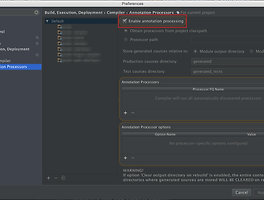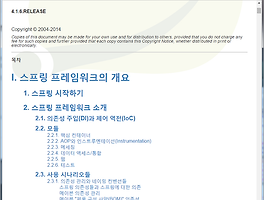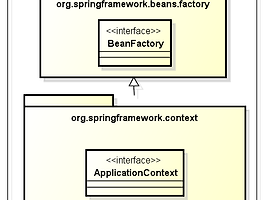HTML에서 a 엘리먼트로 하이퍼링크를 지정을 했을 경우 다운로드되는 파일의 이름은 URL 주소의 이름이 파일이다.
예를 들어 /download?filename=a.txt 라는 HTTP GET을 했을 경우 다운로드 받는 파일명은 a.txt인데 실제 받는 파일명은 download라는 이름이 된다.
이럴 경우 HTTP 응답 헤더중 Content-Disposition 를 지정해주면 된다.
바이너리일 경우를 위해 Content-Transfer-Encoding도 같이 지정한다.
HttpServletResponse response를 사용한다면,,,
response.setHeader("Content-Disposition", "attachment;filename=\""+filename+"\";");
response.setHeader("Content-Transfer-Encoding", "binary");
origin: http://gangzzang.tistory.com/126
혹은 ResponseEntity 반환 타입의 컨트롤러일 경우
@RequestMapping(method = RequestMethod.GET, value = "/download")
@ResponseBody
public ResponseEntity<InputStreamResource> download(@RequestParam("filename") String filename) throws IOException {
HttpHeaders responseHeaders = new HttpHeaders();
responseHeaders.setContentType(MediaType.APPLICATION_OCTET_STREAM);
responseHeaders.set("Content-Disposition", "attachment;filename=\"" + filename + "\";");
responseHeaders.set("Content-Transfer-Encoding", "binary");
return new ResponseEntity<InputStreamResource>(getFileContent(filename), responseHeaders, HttpStatus.OK);
}
private InputStreamResource getFileContent(String filename) throws IOException
{
String path = String.format("%s%s", fsResource.getPath(), filename);
FileSystemResource resource = new FileSystemResource(path);
return new InputStreamResource(resource.getInputStream());
}
추가(2015-03-09)
Content-Disposition in HTTP를 학습(관련글 http://namocom.tistory.com/393)하고 나서 다국어를 처리하기 위해서는 팁이 필요했다. 어떤 사이트에 보니 브라우저 탐침을 통해 분기를 하게 되어 있는데 그렇게 할 필요는 없었다. (예1, 예2)
결국 아래와 같은 형태가 되었다. 아래 코드는 위에서 download 메서드의 일부이다.
String encordedFilename = URLEncoder.encode(filename,"UTF-8").replace("+", "%20");
responseHeaders.set("Content-Disposition",
"attachment;filename=" + encordedFilename + ";filename*= UTF-8''" + encordedFilename);
tested Chrome 41.0.2272.76 m, Firefox 36.0.1, IE 6,7,8,10,11
업데이트 (2024-02-15)
다시 구현을 한다면 상수를 선언하고 스프링의 UriUtils을 사용해서 인코딩을 할 것이다.
왜냐하면 URLEncoder에서 공백을 %20으로 바꾸어주는 조작이 필요했는데 스프링의 퍼센트 인코딩은 그런 수고를 덜 수 있게 해준다.
import org.springframework.http.HttpHeaders
import org.springframework.web.util.UriUtils
String encordedFilename = UriUtils.encodeQuery(filename, StandardCharsets.UTF_8);
responseHeaders.set(HttpHeaders.CONTENT_DISPOSITION,
"attachment;filename=" + encordedFilename + ";filename*= UTF-8''" + encordedFilename);'Programing > JVM(Java, Kotlin)' 카테고리의 다른 글
| [IntelliJ IDEA] lombok 그게 뭐지? (0) | 2015.04.29 |
|---|---|
| [스프링] 스프링 레퍼런스 4 한글 작업中 (0) | 2015.03.24 |
| [후펴파는 스프링] 스프링 컨테이너 계층 정리 (1) | 2015.02.10 |
| 후벼파는 자바 - 어노테이션의 내부 원리 (0) | 2015.02.05 |
| 후벼파는 스프링 - AbstractApplicationContext.refresh 과정 (0) | 2015.02.02 |


